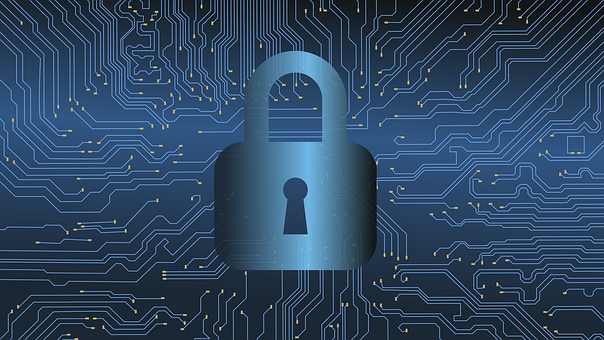A surveillance alliance is an agreement between several countries to share their intelligence with each other. This includes things like each user’s browsing history that is of interest to one of the member countries. Five Eyes and Fourteen Eyes are two alliances of five and fourteen countries, respectively, that agree to share information where it is mutually beneficial. They were originally created during the Cold War as a means of working together to overcome a common enemy (the Soviet Union), but they still exist today. These terms are often associated with internet privacy debates, and they are two of the largest and most well-known surveillance alliances in existence.
What is the alliance with fourteen eyes?
Fourteen Eyes is an alliance of 14 different countries that have agreed to share their intelligence with each other. Its origins date back to 1943, when an agreement was reached between the British and the US on a ten-page communications intelligence agreement. It originally started with only five countries and was known as the “BRUSA Agreement.” The programme then expanded to nine countries and now includes a total of 14 countries. In addition to these 14 countries, there are other supporting countries that are not official members but regularly contribute to its network. The alliance with 14 eyes includes:
-
Australia
-
Canada
-
New Zealand
-
United Kingdom
-
United States
-
Denmark
-
The Netherlands
-
France
-
Norway
-
Germany
-
Belgium
-
Spain
-
Sweden
-
Italy
In addition to these members, there are other countries that are considered partners or affiliates of the Fourteen Eyes Alliance. These additional countries include:
-
Israel
-
Japan
-
South Korea
-
Singapore
-
British Overseas Territories (e.g., British Virgin Islands)
Why Fourteen Eyes is a Potential Concern
The reason why the Fourteen Eyes Alliance is such a problem is that it allows governments to spy on their own citizens by using other countries as a proxy. For example, the US intelligence agencies may not be able to legally spy on their own citizens, but they can ask another member’s intelligence agency to spy on US citizens for them and provide them with the information. In return, the US government would do the same for that member state, and there is not much that can be done as it is a completely different country and not under US jurisdiction. After the Edward Snowden incident, I don’t think anyone can deny that countries spy on their citizens, and alliances like this make it even more difficult to prevent this.
Why Do We Need Fourteen Eyes?
This may be an overused phrase, but having a good intelligence programme is literally a matter of national security. It was originally created as an intelligence-sharing agreement during the Cold War to decrypt Soviet information. Since then, agreements such as Fourteen Eyes have continued to provide member countries with important information that can be used for many different purposes. Many people are against the idea of the government spying on their citizens, and it is a concern. However, I don’t think any intelligence agency would do its job properly if they didn’t form alliances like this. It makes perfect sense to pool your allies’ resources so that you can get intelligence on potential threats to your country. Whether alliances like Fourteen Eyes are good or bad really depends on how the information is used behind the scenes.
How to avoid fourteen-eye surveillance
If you want to avoid being spied on, you can use VPN service providers to protect your communications while online. However, if your VPN service provider is located in one of the countries that are members of the Fourteen Eyes Alliance, you still run the risk of having your information shared with your local government. So it is important to choose a service provider whose headquarters are not located in any of the countries mentioned above so that they are less likely to leak the information. Second, you also want to find a VPN provider that doesn’t log your online traffic. Assuming they are telling the truth, there is no data about your internet activity that anyone can access. However, it’s important to note that other major powers like Russia and China have their own intelligence programs, so just because something isn’t on this list doesn’t mean it’s not being looked at. But depending on your situation, you can use your own discretion.
Conclusion
Fourteen Eyes is a monitoring agreement in which the member states agree to share information with each other. It has an impact on global communications because it is so easy for governments to spy on people over the internet. It also allows member states to circumvent local laws and spy on their citizens by using other member states as proxy holders. Many people worry that this will allow them to spy on millions of people and violate their privacy rights, especially after the Edward Snowden situation that exposed government surveillance. However, such programs have legitimate value and will continue to serve the interests of member countries.For people who are concerned about their information being monitored by their government,


